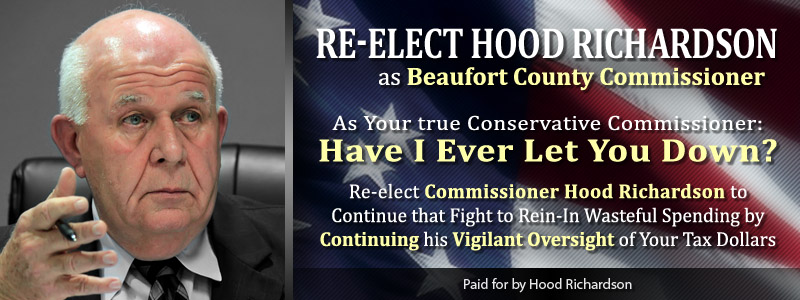Publisher's note: Brant Clifton cast a light on the NC DPI in his "bare knuckles" Conservative online publication known as The Daily Haymaker.
We've all seen those weepy commercials about "food deserts" - geographic areas where folks apparently can't get access to the kind of stuff you find in Trader Joe's, Whole Foods, or The Fresh Market. Well, the honorables on Jones Street appear poised to start subsidizing small grocers who want to peddle those kind of wares in areas the honorables feel are underserved. Hence, we have the
Healthy Food Small Retailer/Corner Store Act sponsored by senators Louis Pate and Don Davis:
"§ 143B-437.92. Healthy Food Small Retailer Fund.
(a) Findings. - The General Assembly finds the following: (1) Overweight children and adults are at greater risk for numerous adverse health consequences, including type 2 diabetes, heart disease, stroke, high blood pressure, high cholesterol, certain cancers, asthma, low self-esteem, depression, and other debilitating diseases. In North Carolina, over sixty-five percent (65%) of adult residents were considered overweight or obese and over thirty-one percent (31%) of children were considered overweight or obese. Obese children are at least twice as likely as non-obese children to become obese adults.
(2) The medical costs of obesity are rising rapidly in the United States and are estimated to be one hundred forty-seven billion dollars ($147,000,000,000) per year. Roughly half of these obesity-related costs are paid by Medicare and Medicaid, indicating taxpayers bear the majority of the cost for obesity-related medical care. Obesity-related health care spending accounts for eight and one-half percent (8.5%) of Medicare spending, eleven and eight-tenths percent (11.8%) of Medicaid spending, and twelve and nine-tenths percent (12.9%) of private payer spending.
(3) Many Americans, particularly those in low-income neighborhoods, rural areas, and communities of color, live in communities that lack adequate access to full-service grocery stores. Low-income areas have more than twice as many convenience stores and four times as many small grocery stores as high-income areas. Proximity to convenience stores within a neighborhood is associated with higher rates of obesity and diabetes.
(4) Research indicates that small food stores sell little fresh produce, whole 33 grains, and low-fat dairy products but sell larger quantities of foods that are high in fat and low in nutrients. Small food stores regularly charge higher 35 prices for food as compared to grocery stores and supermarkets.
That's all well and good. I have no objection to (1) and (2). Section (3) gets a little troublesome. In most of the areas they are talking about here, you have high poverty and high crime. Who in their right mind wants to make a major investment in a location like that? Major chains count on drawing people from across a region - not just from the surrounding neighborhood. It makes sense to set up shop in a neighborhood where people feel reasonably safe. Who says what "adequate access" is? A Whole Foods within x number of blocks of your house?
Big chains set up shop where they believe they can turn a profit. They would be in these so-called "food deserts" in a minute if they thought there was a snowball's chance of turning a profit.
And let's take (4). Here's a dirty little secret. Retailers, in order to stay in business, try to sell only what their regular clientele demand. Major chains also have the advantage over small stores in terms of economies of scale. The bigger you are, the more customers you have, the larger your inventory, the lower your unit costs are. It's quite often way too expensive for a mom-and-pop store to try to and be a mini-Whole Foods. Organic foods cost more to produce, and therefore cost more for consumers.
But - never fear - the NC Department of Commerce is on the case. They have the Healthy Food Small Retailer Fund to help "assist" small grocers who want to set up shop and sell "healthy" foods in these "deserts." Yes, boys and girls, we're talking corporate welfare. So, we - thanks to Commerce - will now become investors in small grocery operations across the state.
Instead of pumping taxpayer money into business enterprises - reducing the risk that is so key to capitalism - why not cut back on some red tape and make things easier and more conducive for private grocers to expand their businesses to "underserved" communities?
This legislation is a bad idea on so many levels. Kill it where it lays.


























